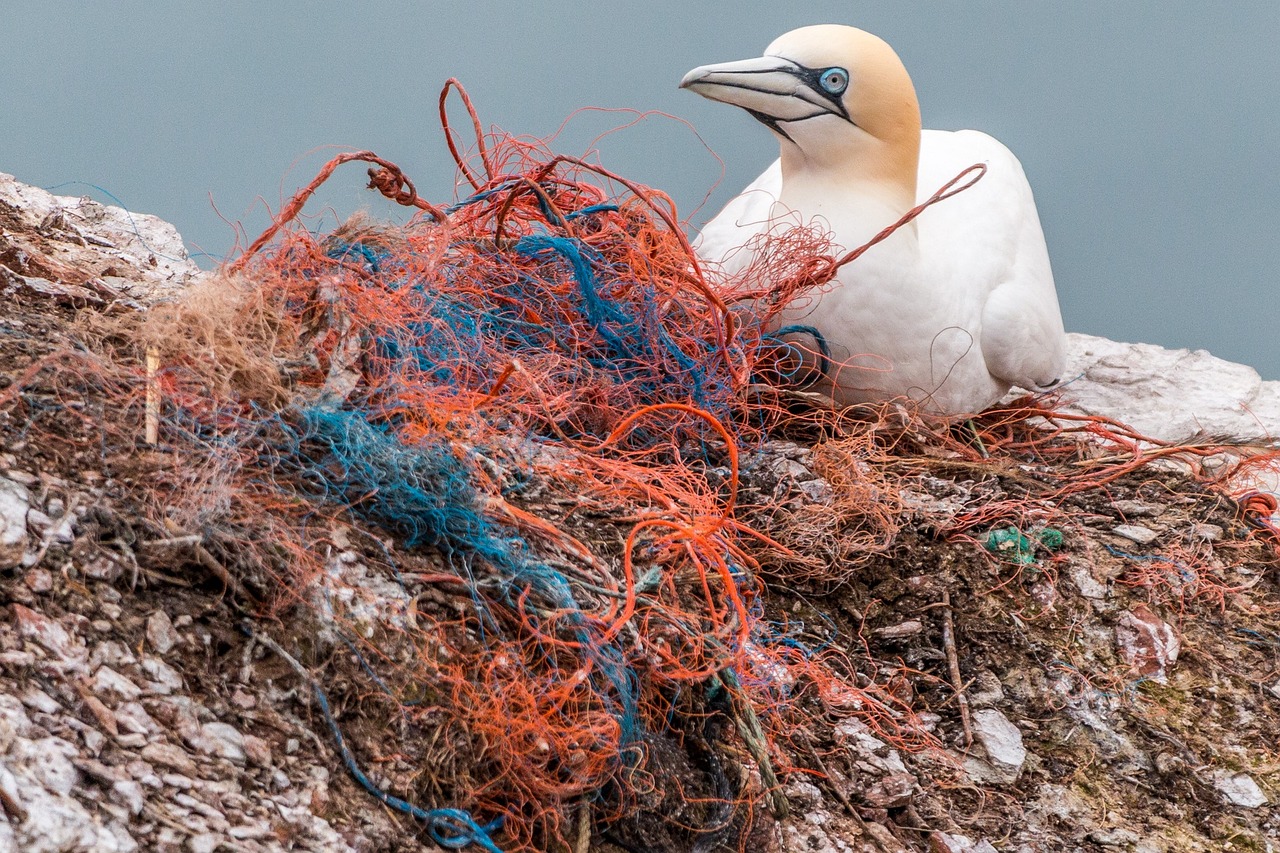Animal ethics, a critical branch of philosophy, delves into the moral considerations of how humans interact with animals. It questions the rights of animals, their treatment, and the moral obligations humans have towards them. This discourse is particularly relevant in the context of the Sustainable Development Goals (SDGs) established by the United Nations, which aim to create a sustainable future for all. The relationship between animal ethics and the SDGs is multifaceted, touching on various goals such as Zero Hunger (SDG 2), Good Health and Well-being (SDG 3), Life Below Water (SDG 14), and Life on Land (SDG 15). For instance, ethical considerations in animal agriculture directly impact SDG 2, which aims to end hunger and achieve food security.
Practices that prioritize animal welfare can lead to more sustainable farming methods, reducing environmental degradation and promoting biodiversity, aligning with SDGs 14 and 15. Moreover, the consideration of animal ethics in research and testing intersects with SDG 3, advocating for human health advancements that do not compromise animal welfare. This interconnection underscores the importance of adopting ethical practices that respect animal rights while striving towards the SDGs, highlighting the need for a balanced approach that considers the well-being of all sentient beings.
The integration of animal ethics into the SDGs reflects a comprehensive understanding of sustainability that includes ethical treatment of animals as an essential component of achieving ecological balance and social justice. It encourages a reevaluation of human practices, urging for a shift towards more compassionate and sustainable methods that protect animal welfare and, by extension, enhance global efforts to meet the SDGs. As society progresses, the relationship between animal ethics and the SDGs serves as a reminder that ethical considerations towards animals are not just a moral obligation but a crucial element in the quest for a sustainable and equitable world.

